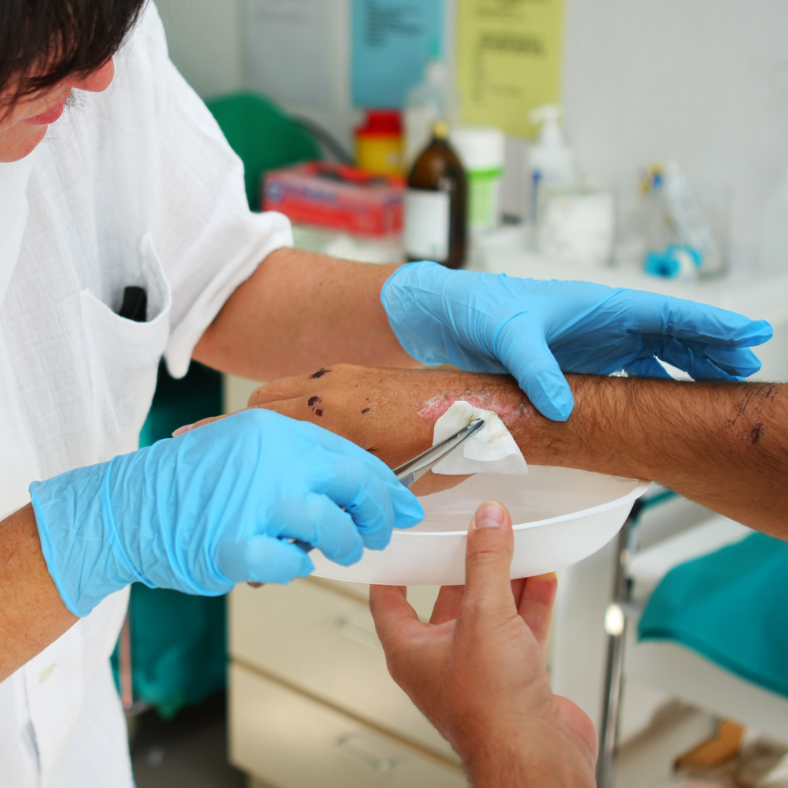Advanced Comobordities and Wound Healing
Managing wounds becomes increasingly complex when advanced comorbidities—additional chronic or acute conditions—are involved. These comorbidities can range from diabetes and cardiovascular diseases to autoimmune disorders and kidney failure. The presence of multiple conditions creates a complicated medical landscape, often making the wound healing process more challenging and slower. For example, a patient with diabetes may already experience impaired wound healing, but when coupled with cardiovascular issues, the challenges can amplify, requiring a highly specialized approach to care.
One of the critical concerns with advanced comorbidities is how they can mutually exacerbate each other, further affecting wound healing. Poor circulation due to heart issues could be detrimental to a diabetic ulcer, while kidney failure could result in imbalances in the body's biochemistry, leading to increased vulnerability to infections. The interaction between different conditions must be carefully evaluated to develop a comprehensive treatment plan. This often involves a multidisciplinary team of healthcare professionals, including wound care specialists, dietitians, and specialists for each comorbidity.
Nutrition planning is an especially vital aspect of managing advanced comorbidities in the context of wound healing. The body's nutritional requirements can shift significantly when dealing with multiple conditions. Certain nutrients may be beneficial for one condition but detrimental to another. For example, high-protein diets may aid in wound healing but can be problematic for someone with kidney issues. OnSite Advanced Care specializes in creating nuanced, individualized nutrition plans that navigate these complexities, aiming to facilitate wound healing while also managing comorbid conditions.
Treatment modalities like wound dressing, debridement, and skin grafting can also have varying levels of effectiveness depending on the underlying comorbidities. Special care must be taken to choose the most appropriate treatment types and to adjust them as the patient's medical condition evolves. Furthermore, some treatments for comorbid conditions, such as certain medications, can have side effects that impact wound healing, adding another layer







